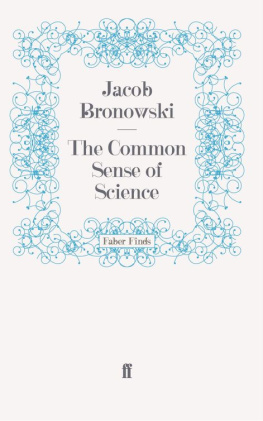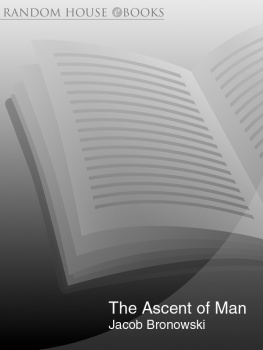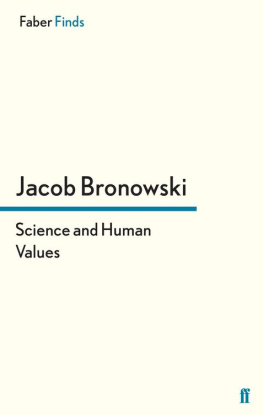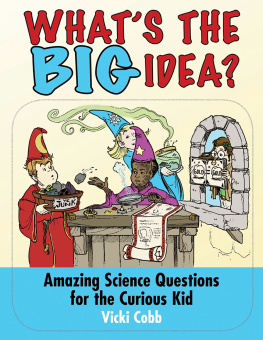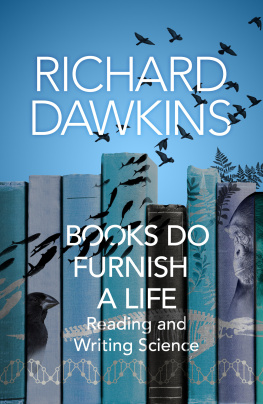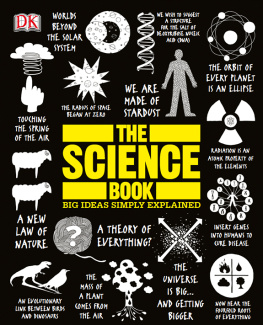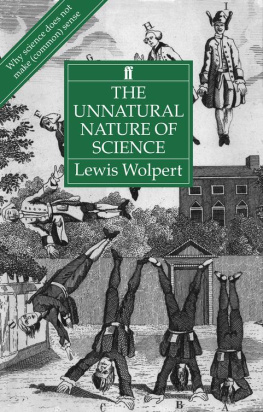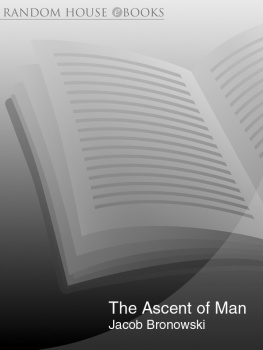1
I CAME to England when I was twelve, and when I landed I could speak, rather badly, two words of English which I had learned on the channel boat. I did not read English at all easily for two or three years after. The first writers in whom I was able to distinguish what my patient schoolmasters called style were, I remember, Macaulay and Joseph Conrad. I do not remember now whether at that time I was also able to distinguish between their styles. I read greedily, with excitement, with affection, with a perpetual sense of discovering a new and, I slowly realized, a great literature. But I was handicapped then, and I have been ever since, by the disorderly way in which I fell upon my masterpieces: Dickens cheek by jowl with Aphra Behn and Bernard Shaw, and elsewhere leaving tracts of neglected literature by the century. To this day I have not read the Waverley novels, and in consequence I have remained rather insensitive to historical romance, particularly if much of the conversation is in dialect.
I make these confessions because they seem to me to bear on many stories besides my own. The difficulties which I had are not mine alone, and they are not in any special way literary difficulties. On the contrary, what now strikes me about them is their likeness to the trouble which other people have with science. At bottom my difficulties in facing a strange literature are precisely the difficulties which all intelligent people today have in trying to make some order out of modern science.
We live surrounded by the apparatus of science: the Diesel engine and the experiment, the bottle of aspirins and the survey of opinion. We are hardly conscious of them; but behind them we are becoming conscious of a new importance in science. We are coming to understand that science is not a haphazard collection of manufacturing techniques carried out by a race of laboratory dwellers with acid-yellow fingers and steel-rimmed spectacles and no home life. Science, we are growing aware, is a method and a force of its own, which has its own meaning and style and its own sense of excitement. We are aware now that somewhere within the jungle of valves and formulae and shining glassware lies a content; lies, let us admit it, a new culture.
How are we to reach that culture, across its jargons, and translate it into a language which we know? The difficulties of the layman are my boyhood difficulties. He opens his newspaper and there stands a revelation in capitals: T HE E LECTRONIC B RAIN , or S UPERSONIC F LIGHT , or IstherelifeonMars? But capitals or italics, the revelation remains in code for him. The language is as strange to him as TheAnatomyofMelancholy was to me at fifteen. He has only the smallest vocabulary: a smattering from other popular articles, schoolboy memories of the stinks lab, and a few names of scientists sprinkled at random across history. His history, which might have given an order to it all, is the most maddening of his uncertainties. I knew no English history, and therefore I could not make sense of literary development. How well I recall the helplessness with which I faced a list of names such as Marlowe and Coleridge and H. G. Wells. I could not make any historical order of them. It is hard to visualize my difficulty; yet just this is the difficulty which every reader meets when he sees the names of Napier, Humphry Davy, and Rutherford. These three scientists were contemporaries of the three writers, and they were by no means lesser men.
2
A knowledge of history of course, even the history of science, will not do duty for science. But it gives us the backbone in the growth of science, so that the morning headline suddenly takes its place in the development of our world. It throws a bridge into science from whatever humanist interest we happen to stand on. And it does so because it asserts the unity not merely of history but of knowledge. The laymans key to science is its unity with the arts. He will understand science as a culture when he tries to trace it in his own culture.
It has been one of the most destructive modern prejudices that art and science are different and somehow incompatible interests. We have fallen into the habit of opposing the artistic to the scientific temper; we even identify them with a creative and a critical approach. In a society like ours which practises the division of labour there are of course specialized functions, as matters of convenience. As a convenience, and only as a convenience, the scientific function is different from the artistic. In the same way the function of thought differs from, and complements, the function of feeling. But the human race is not divided into thinkers and feelers, and would not long survive the division.
Much of this quarrel between science and soul was trumped up by the religious apologists of Queen Victorias day, who were anxious to find science materialistic and unspiritual. The sneer that science is only critical came from others. It was made by the timid and laboured artists of the nineties in order that they might by comparison appear to be creative and intuitive. Yet this finesse could not hide their own knowledge that the best minds were already being drawn to the more adventurous practice of the new sciences: a movement which Peacock had foreseen seventy-five years before in TheFourAgesofPoetry.
The arts and the sciences ever since have been in competition for the most lively young brains. This competition is itself the clearest evidence that good minds can fulfil themselves as well in one as in the other. Here in fact is one of the few psychological discoveries of our generation to which we can hold with a reasonable certainty : that the general configuration of intelligence factors which distinguish the bright from the dull is the same in one man as another, in the humanist as in the scientist. We are divided by schooling and experience; and we do differ, though we differ less, in our aptitudes; but below these, we share a deeper basis of common ability. This is why I write with confidence for laymen and scientists, because the reader who is interested in any activity which needs thought and judgement is almost certainly a person to whom science can be made to speak. It is not he who is deaf, but the specialists who have been dumb the specialists in the arts as well as the sciences.
Many people persuade themselves that they cannot understand mechanical things, or that they have no head for figures. These convictions make them feel enclosed and safe, and of course save them a great deal of trouble. But the reader who has a head for anything at all is pretty sure to have a head for whatever he really wants to put his mind to. His interest, say in mathematics, has usually been killed by routine teaching, exactly as the literary interest of most scientists (and, for that matter, of most non-scientists) has been killed by the set book and the Shakespeare play. Few people would argue that those whose taste for poetry has not survived the School Certificate are fundamentally insensitive to poetry. Yet they cheerfully write off the large intellectual pleasures of science as if they belonged only to minds of a special cast. Science is not a special sense. It is as wide as the literal meaning of its name: knowledge. The notion of the specialized mind is by comparison as modern as the specialized man, the scientist, a word which is only a hundred years old.
3
Therefore I have in mind as I write a reader who is less interested in the sciences than he is in science. There was in the last century a tradition of self-teaching in the Mechanics Institutes which in its time was a just cause for pride. But the tradition is gone and its going now is not a loss, because the interest in science has widened. We are all aware of the widening. Those who hanker after a knowledge of science today are not looking for technical information. They are no longer unfortunates who would have liked to work in a laboratory too, if fate had not sent them into a mill at twelve. I take it for granted that those who take up this book are well content with what they know and do, and are not thinking of themselves vicariously as the white-coated hero of a second feature about the discovery of Compound E. And I do not assume that they must necessarily be fascinated by the marvels of the electron microscope or of radio-active iodine. I think of them as people aware that the world into which they were born is changing during their lifetime, and who have about this change the same curiosity which they have about what is new in their closer neighbourhood in literature or the arts or local politics or the business of the tennis club.

